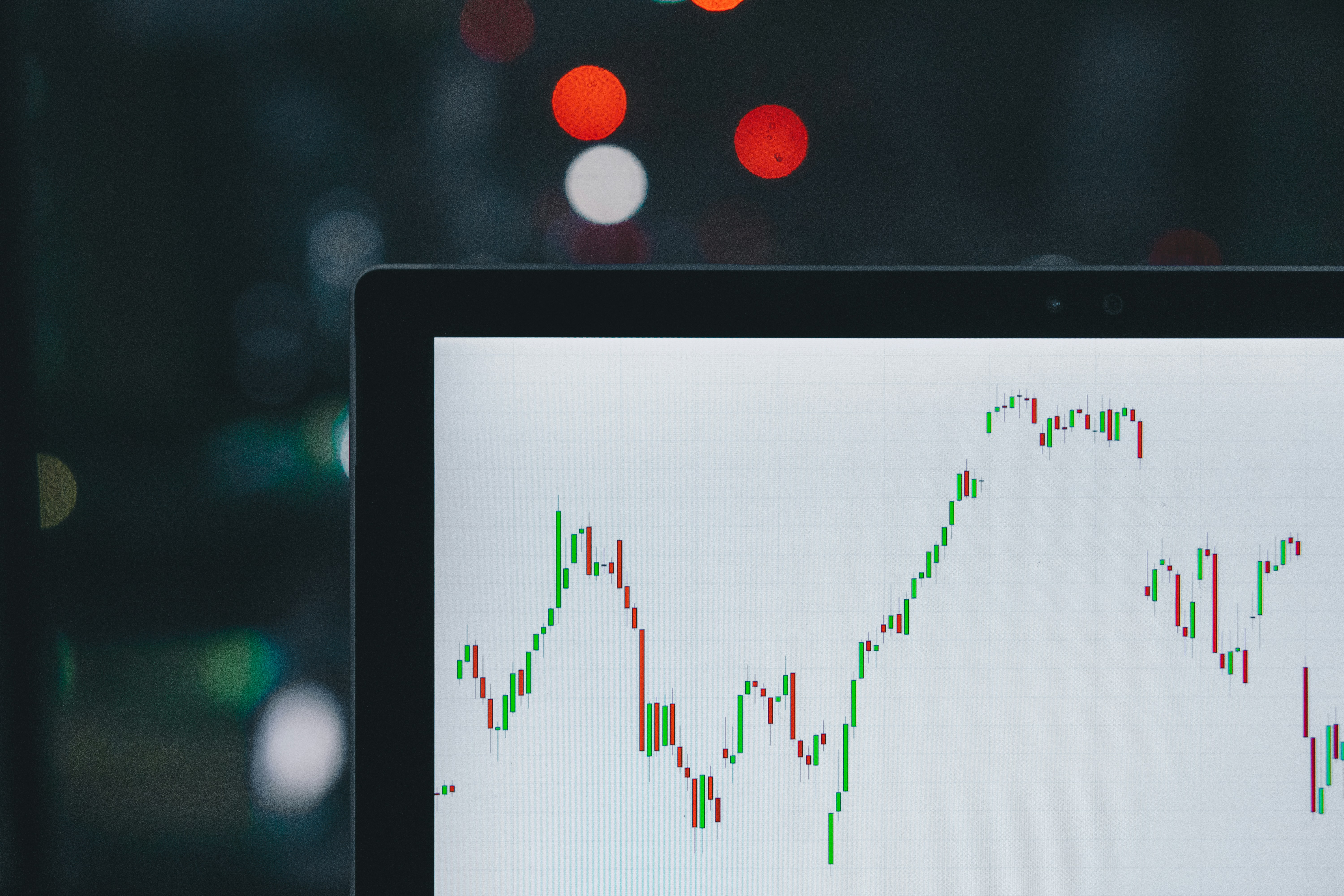Amazon Stock Analysis
$238.62
05 Feb 2026, 09:14

Unsplash.com

Thursday's Asian markets were uneven, although China equities outperformed due to strong trade statistics, and the yen steadied following three days of declines as Japanese officials suggested they would intervene with currency.
With EUROSTOXX 50 futures flat, Europe was ready for a calm start. However, the FTSE 100 was up 0.1% ahead of the Bank of England's interest rate announcement later in the day.
After Sweden's Riksbank reduced rates overnight, highlighting Europe's departure from the U.S. Federal Reserve, all eyes were on the possibility of a June rate drop as markets anticipated Wednesday's release of consumer inflation data from the United States.
The broadest MSCI index of Asia-Pacific stocks outside of Japan fell 0.2%, but it was still relatively close to a 15-month high reached earlier in the week following Fed Chair Jerome Powell's reaffirmation of his support for policy easing later in the year.
According to Chinese customs statistics, exports returned to growth in April, surpassing projections, while imports increased 8.4% from a year earlier, above expectations for a gain of 4.8%. These developments helped to support economic growth.
Japan's Nikkei reversed previous advances to be down 0.2% in other markets. The resource-heavy Australian share market fell 1.1%, while South Korea's fell 1% as well.
Nasdaq stock futures are down by 0.2%, led by Uber's 5.7% overnight decline after the ride-sharing business released a negative outlook following an unexpected quarterly loss.
The Bank of Japan's April meeting minutes revealed policymakers were overwhelmingly hawkish, supporting the yen's stability, but senior currency diplomat Masato Kanda of Japan warned on Thursday that there is no limit for reserves in currency intervention, causing markets to get uneasy.
But in March, real wages in Japan decreased by 2.5% from the previous year, which is the second year of drop. This provides policymakers with a reason not to raise rates too quickly.
(Sources: investing.com, reuters.com)